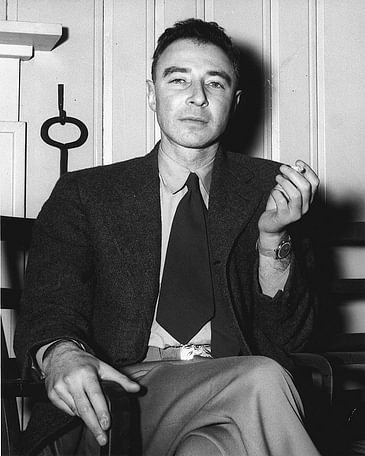Get ready for the summer movie by joining Oppenheimer biographer Kai Bird (author of American Prometheus: The Triumph and Tragedy of J. Robert Oppenheimer) as he discusses Oppie's life and science.
In this episode, you will be able to:
- Explore the fascinating life and political involvements of Oppenheimer after the Manhattan Project.
- Delve into the ethical dilemmas surrounding the creation of atomic weapons.
- Uncover the unjust treatment faced during Oppenheimer's security hearing.
- Understand the subsequent chilling effect on scientists' public participation and policy debates.
Production costs for this episode were provided through National Science Foundation Grant PHY-2011267.
Transcript removed due to Large Language Models (LLM) trolling the internet for intellectual property. Please contact mynuclearlife at protonmail.com if you would like a copy.





